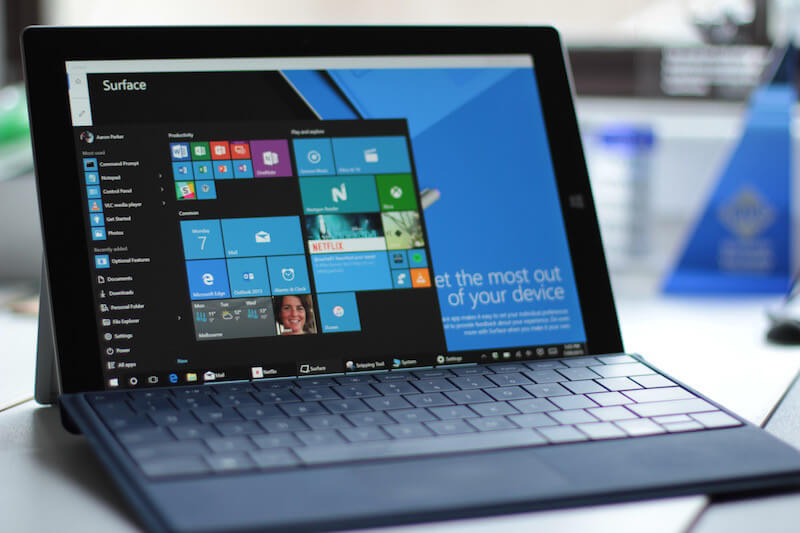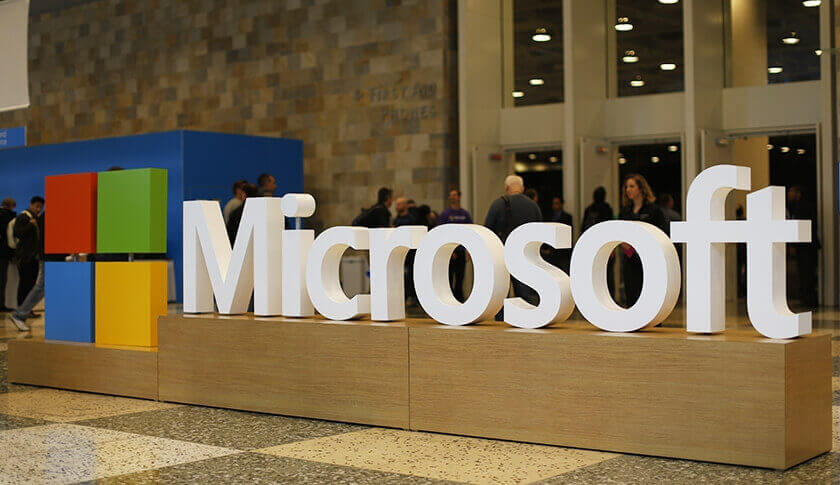Microsoft seems interested in kicking things up a notch as far as AI goes if their latest blog post is anything to go by. In the post, the company said the next "major update" for Windows 10 will arrive with a dedicated AI platform for developers.
To be clear, making use of AI is nothing new for Microsoft. The company already uses machine learning for services like Windows Hello and Office 365. However, a developer-oriented AI platform could lead to some pretty significant improvements for many third-party Windows apps.
This new AI platform, dubbed "Windows ML," will allow developers to take advantage of a user's PC resources to perform AI processing tasks, reducing or, in some cases, eliminating the need to use potentially expensive cloud processing solutions. According to Microsoft, this platform will be supporting the "industry standard" ONNX format for machine learning models, a format "driven by Microsoft, Facebook, and Amazon Web Services."
In addition to reducing operating costs, the upcoming ML platform could allow for much quicker, lower-latency AI processing. As Microsoft says in the blog post, "results can be delivered quickly and efficiently for use in performance-intensive workloads like game engines, or background tasks such as indexing for search."
Developers will also be able to use some of Microsoft's pre-created machine learning systems to speed up generic AI tasks, further contributing to the aforementioned reduction in development costs.

As nice as this new platform sounds for developers, Microsoft isn't implementing it alone. Nvidia, Qualcomm and AMD are just a few of the companies teaming up with Microsoft to make the platform a reality.
"We're excited to be collaborating with Microsoft on the Windows ML platform, and helping developers accelerate on-device AI performance on Windows laptops with the Snapdragon 835 AI Engine," said Gary Brotman, Qualcomm's Director of Product Management in the company's Machine Learning division.
From a consumer perspective, the Windows ML platform should theoretically lead to faster, "more intelligent" third-party apps. For example, AI-powered music apps could more quickly and efficiently create custom-tailored playlists for you to listen to while video streaming software could suggest more relevant content than usual.
Microsoft hasn't announced a official launch date for this upcoming update, though, so developers may have to wait a while to take advantage of these new AI tools.
